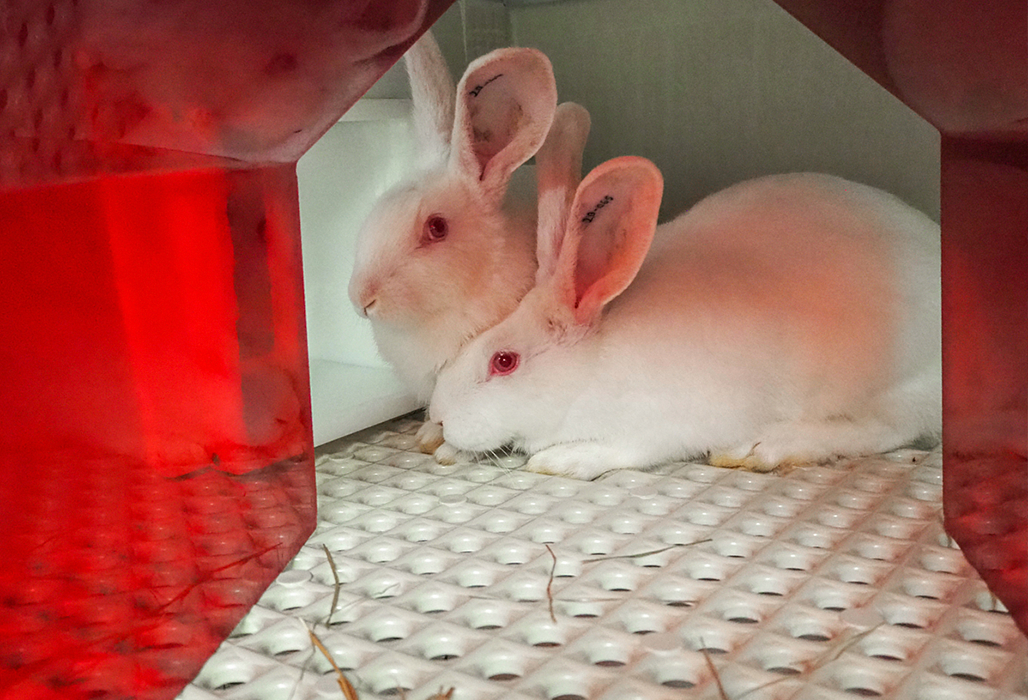
It's only by arming ourselves with the facts that we can tackle the pharmaceutical industry head on, demanding change and shaping a better future for animals.
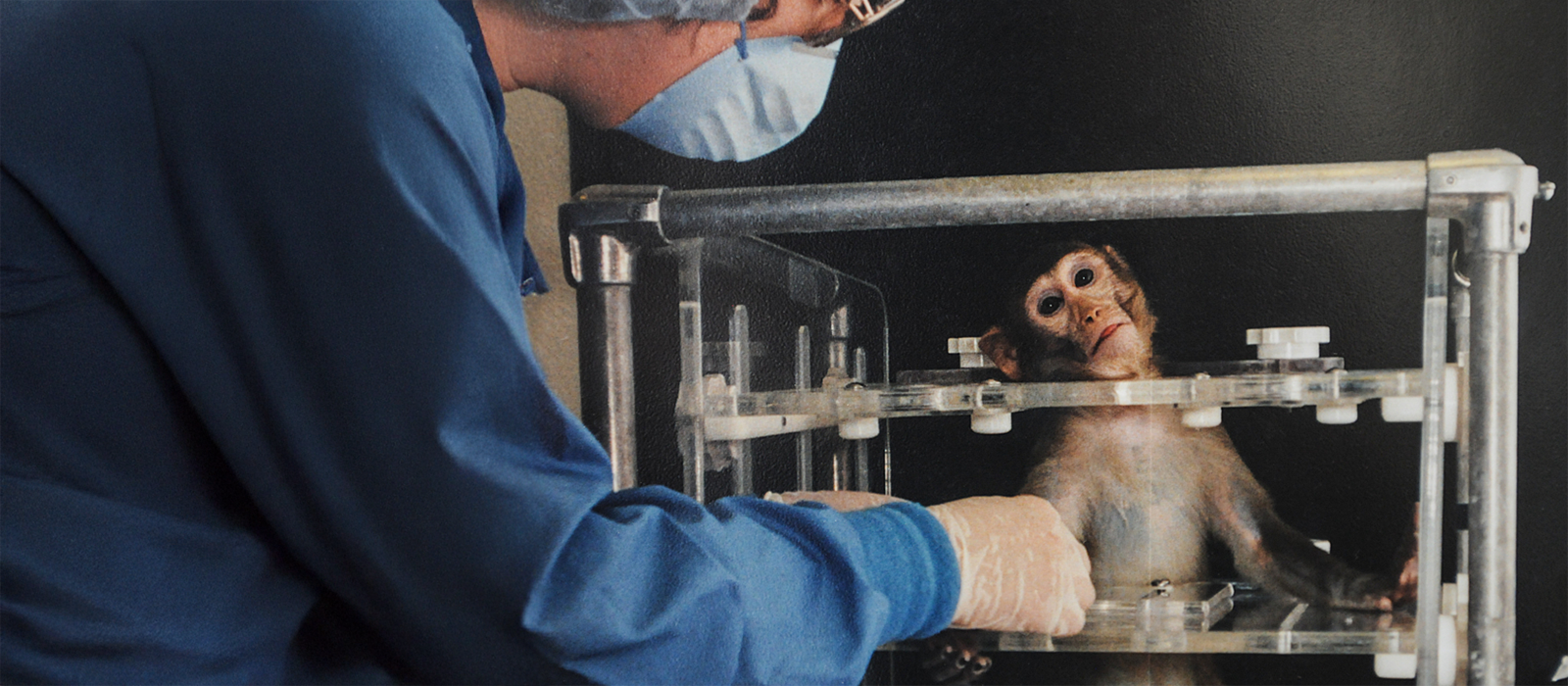
Every 8 seconds, an animal dies inside British laboratories. We believe that better science is possible and that animal-free research will save countless lives, both animal and human.
Cats, dogs, mice, rabbits, monkeys and other animals are used to test products, to study human disease and in the development of new drugs. They are even used in warfare experiments. Only a tiny proportion (around 10%) are required by the law – the rest are not, but they continue anyway.
Most of us would consider the treatment of animals in laboratories to be unethical: imprisoned against their will, denied all natural behaviours, and deliberately harmed or infected with painful conditions like arthritis. Yet the pharmaceutical industry has intentionally misled people into believing that the use of animals in science is a ‘necessary evil’.
The truth is that experiments on animals do not reliably predict outcomes in humans. This means that huge sums of money are invested in continuing cruel and outdated experiments on animals, diverting funds away from science that would actually benefit people.
We believe that better science is possible and that animal-free research will save countless lives, both animal and human.

It's only by arming ourselves with the facts that we can tackle the pharmaceutical industry head on, demanding change and shaping a better future for animals.
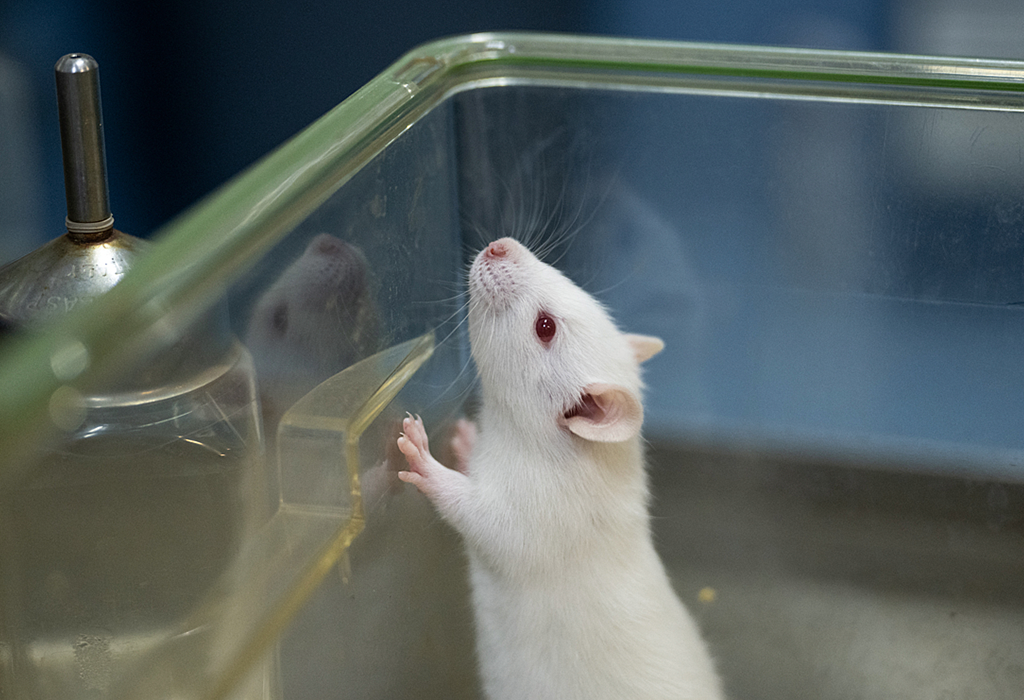
The LD50 test, originally designed in 1927, involves giving live animals increasing doses of a substance until half of them die. We're working to ensure this cruel and outdated test never reaches its 100th birthday.
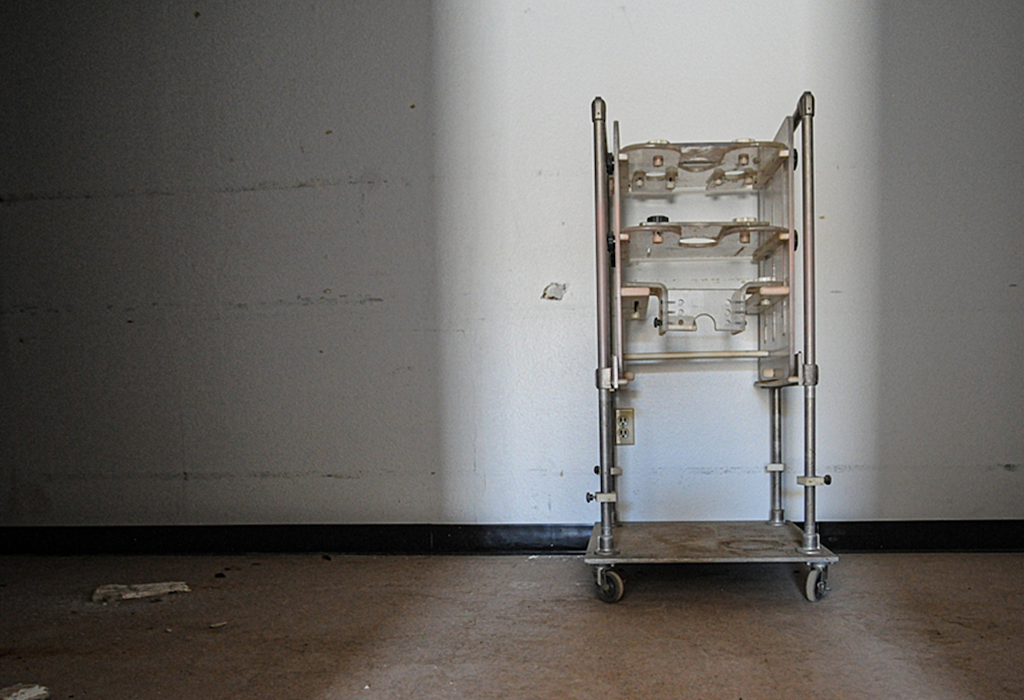
Some medical charities fund or conduct experiments on animals in the name of medical progress. But results cannot be reliably applied to humans, making this cruelty entirely futile.
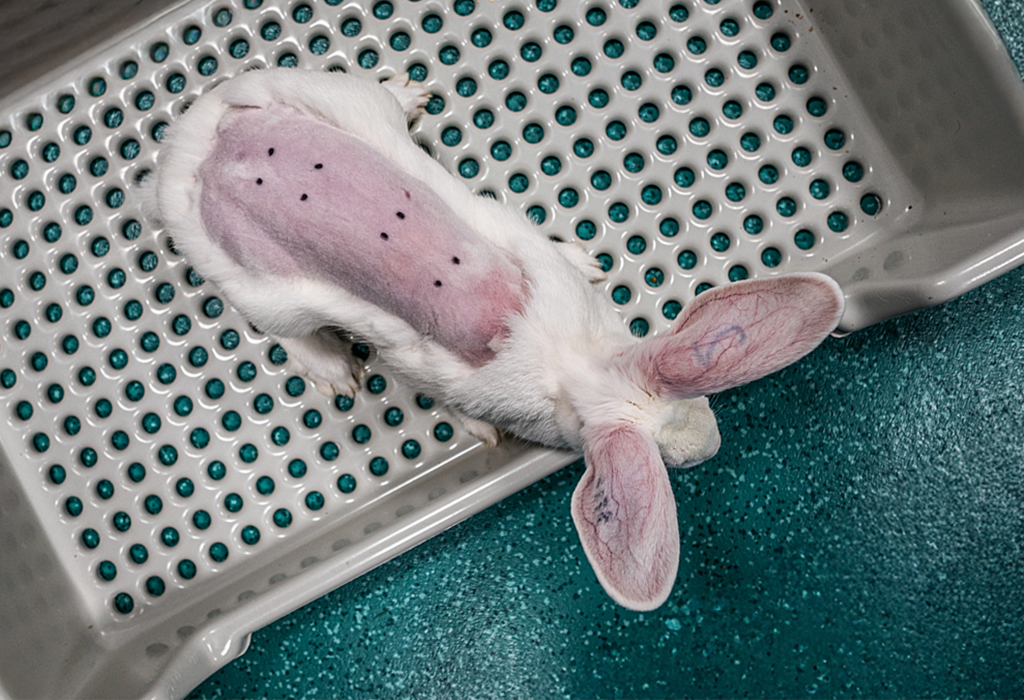
Subjecting animals to painful and stressful experiences in the pursuit of beauty is indefensible - and unnecessary, with more cruelty-free alternatives than ever before.
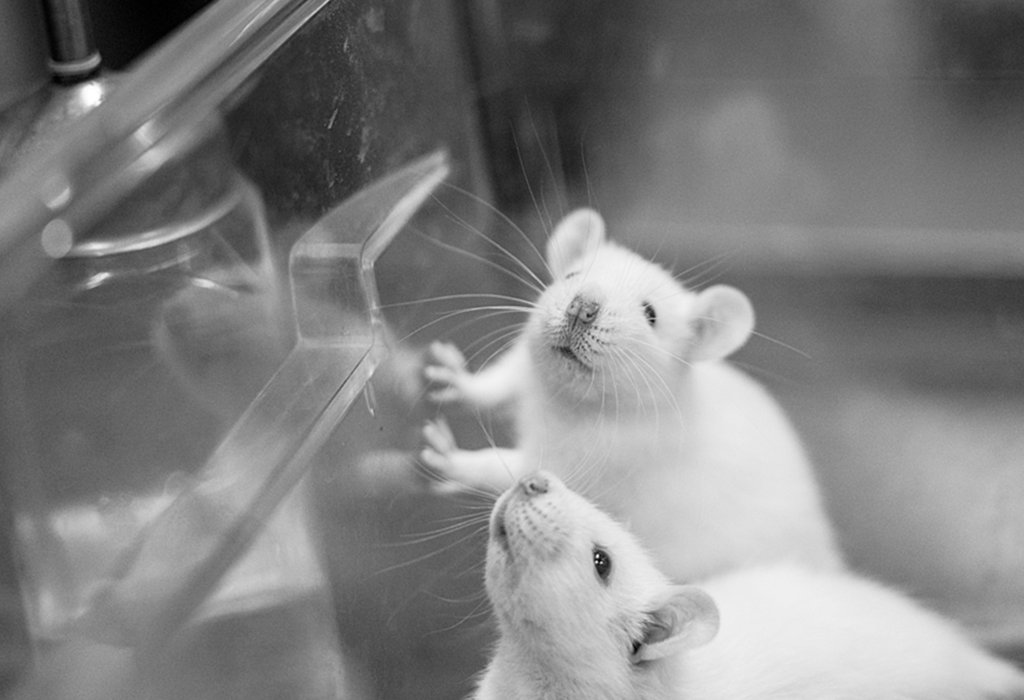
Only 1 in every 8 experiments on animals are 'regulatory', which means they are required by certain regulations.
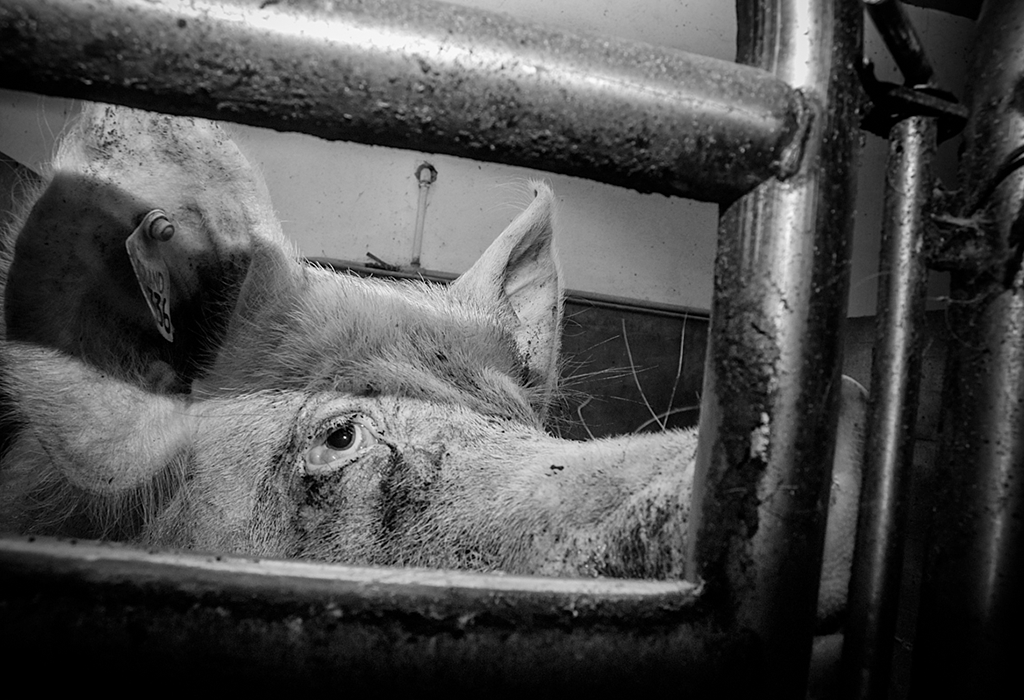
Warfare experiments involve nerve agents, chemical or biological weapons, even simulated blasts – and all can involve live animals. It’s as shocking and deplorable as it sounds.
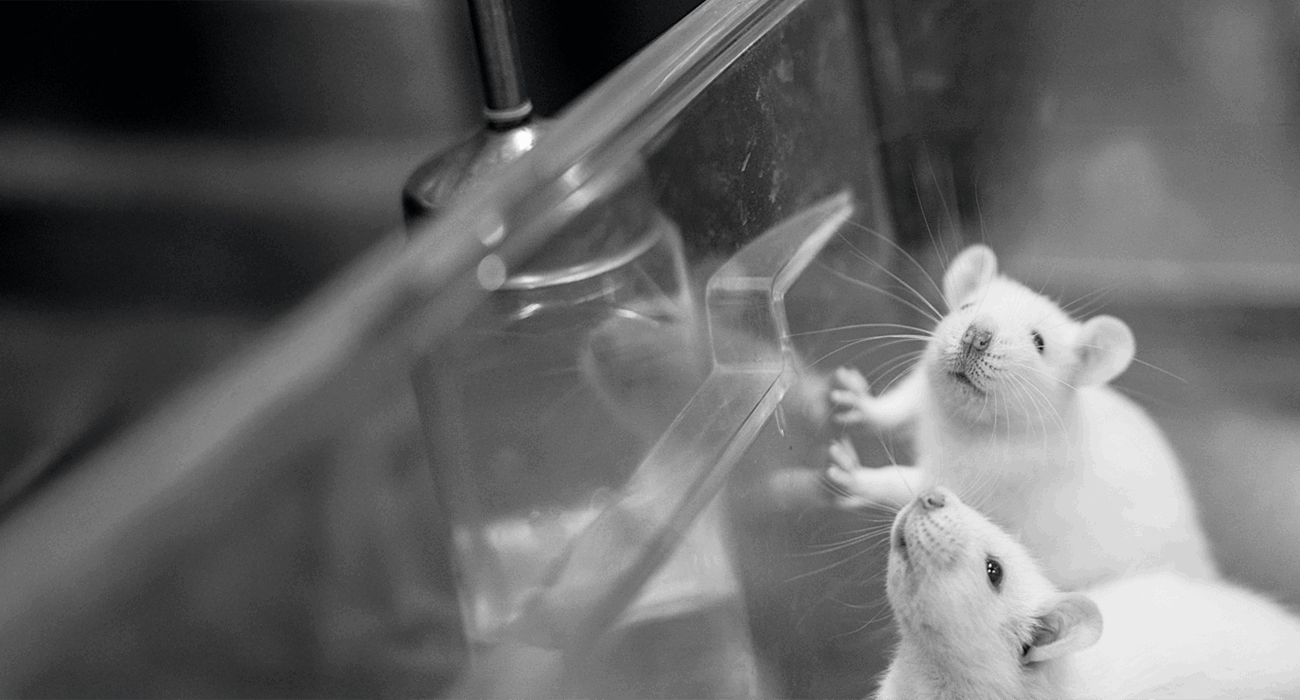
You can support our campaigning work with our free resources.